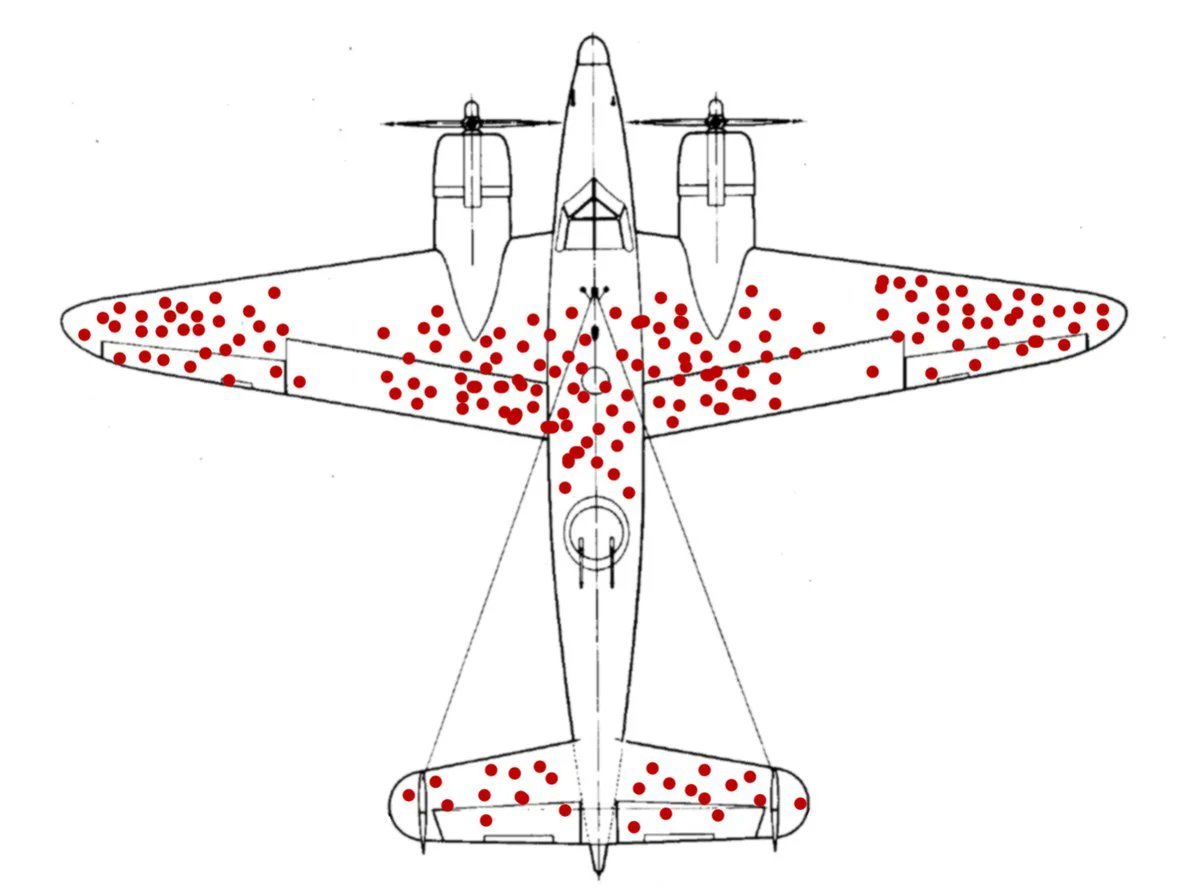
After reading the post this afternoon, I read most of it out loud to my wife just now.
It was hard, because I was alternately laughing and crying.
It was hard, because I was alternately laughing and crying.
https://twitter.com/jasoncrawford/status/1352388517209415685
Why does this move me so much? It's hard to explain.
As Scott says, it's just a blog, and at the same time, it's so, so much more.
As Scott says, it's just a blog, and at the same time, it's so, so much more.
Partly of course, I'm just happy he's back. I've positively missed his writing, which I've never felt about a blog. The insight, the humor, the incisive clarity, the relentless questioning, the exhaustive data analysis.
Scott asks big questions across a wide variety of domains and doesn't rest until he has clear answers. No, he doesn't rest until he can explain those answers to you lucidly. No, wait, he doesn't rest until he can do that and also make you laugh out loud.
At his best, he hits some strange triple point, previously undiscovered by bloggers, where data, theory, and emotion can coexist in equilibrium. And to me, at least, it's joy.
Most writing on topics as abstract and technical as SSC's struggles just not to be dry. I need a positive energy balance to read it; it takes effort to focus.
Scott's writing flows so well that it somehow generates its own energy, like some sort of perpetual motion machine.
Scott's writing flows so well that it somehow generates its own energy, like some sort of perpetual motion machine.
I like to think that I'm pretty good at writing. I'm good enough that I convinced myself to quit my day job and to write instead of coding or managing, which I'm actually qualified for and which can definitely make you more money.
But I'm not nearly as good a writer as Scott.
But I'm not nearly as good a writer as Scott.
Scott is so honest and fair that (to paraphrase @paulg) you can almost measure how depraved people are by how much they hate him.
I dislike bickering about politics on social media, but if anyone ever wants to take me down for praising SSC, I will fight them to the death.
I dislike bickering about politics on social media, but if anyone ever wants to take me down for praising SSC, I will fight them to the death.
But my emotional response to “Still Alive” wasn't primarily about being able to read a blog. Much as I love it, I doubt that alone could have moved me to tears.
Mostly, I was happy for Scott. Even though I barely know him, except through the blog.
Mostly, I was happy for Scott. Even though I barely know him, except through the blog.
Here's a guy just absolutely *loves* writing. It's so natural for him that he can't *not* write. More than a decade ago he had, what, a LiveJournal, and somehow he's now accumulated tens of thousands, maybe 100k fans.
And then a calamity strikes, and he decides that his only way out is to *take down the blog.* Like farmers torching their own fields as they retreat from an advancing army, destroying everything they built so as not to let it fall into enemy hands.
And for anyone else, that would have been the end of the story. But not for Scott, who decides to basically *rearrange his entire life*, including quitting his job and starting his own practice—in order to keep blogging.
(And, as a *side note* to this entire story, the new practice is incredibly interesting: “I'm going to try to start a medical practice that provides great health care to uninsured people for 4x less than what anyone else charges.” Godspeed.)
After the sudden and dramatic disappearance of the blog, after the outpouring of support from tens of thousands of fans, after six months of no SSC… he's back, and no one can ever threaten him in the same way again.
We were afraid this would kill him, but it made him stronger.
We were afraid this would kill him, but it made him stronger.
Someone once described public-key cryptography as the “fuck you” approach to key management. “Oh, you bastards want my encryption key? Well, fuck you, I'm just going to PUBLISH my key!”
I thought of that when I read the last line of Scott's post.
“Oh, you bastards want my real name? Well, fuck you, I'm just going to PUBLISH my real name!”
“Oh, you bastards want my real name? Well, fuck you, I'm just going to PUBLISH my real name!”

What a delightful up-yours to those who tried to expose Scott out of malice. (I don't mean the NYT; I agree with Scott's assessment that they didn't set out to harm him. I'm talking about others.)
Slate Star Codex is dead. Long live Astral Codex Ten!
And welcome back, Scott. We love you too.
And welcome back, Scott. We love you too.
• • •
Missing some Tweet in this thread? You can try to
force a refresh









